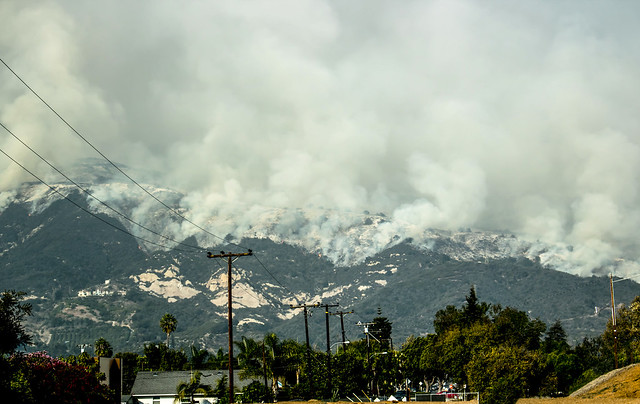
Deadly and destructive wildland fires consuming so much of the West, from California all the way to British Columbia, are not only affecting those who have had to flee but those who are downwind of these massive infernos. At one point, in early July, before the prevailing winds helped de-choke Washington state, Seattle was reported to have the worst air quality in the nation. Colorado wasn’t spared as smoke from Canadian blazes blocked the view of the Rocky Mountains throughout the Denver metro area. In the San Francisco Bay area, smoke from wildfires on Forest Service managed lands north of the bay forced authorities to issue a rare air quality advisory. They even suggested people not drive to limit additional pollutants in the air and advised those with certain health issues, like asthma, to stay inside. And in Portland, Oregon, public schools suspended outdoor sports activities.
Wildland fire smoke includes particles from not only burning trees and grasses but also chemicals from buildings mixed with gases. So if your eyes feel like they're stinging, smoke exposure could also be inflicting other damage as particles could be getting into your respiratory system.
Smoke-related health symptoms include scratchy throat coughing, sinus inflammation, stinging eyes and runny nose and sometimes headaches. And, according to the CDC, exposure to wildland fire smoke can cause chest pain, a fast heartbeat or wheezing or bring on an asthma attack. Sometimes those with heart disease may experience chest pain, irregular heartbeats, shortness of breath and fatigue.
So what do you do to avoid health issues caused by poor air quality from wildfires?
Heed the advice of authorities and stay inside once a smoke alert has been issued. Also if you see or smell smoke from wildfire in your area or a place you plan to visit, check the national Air Quality Index website to see if you should stay inside.

